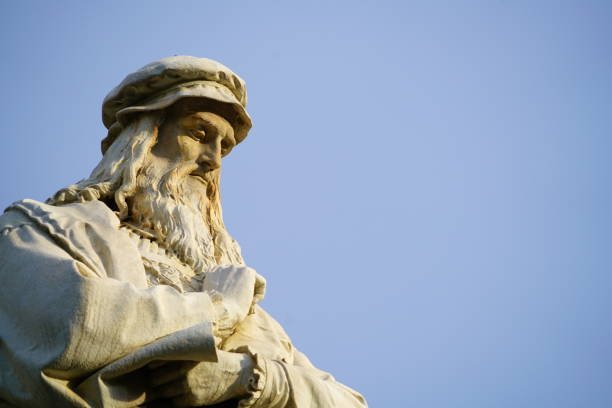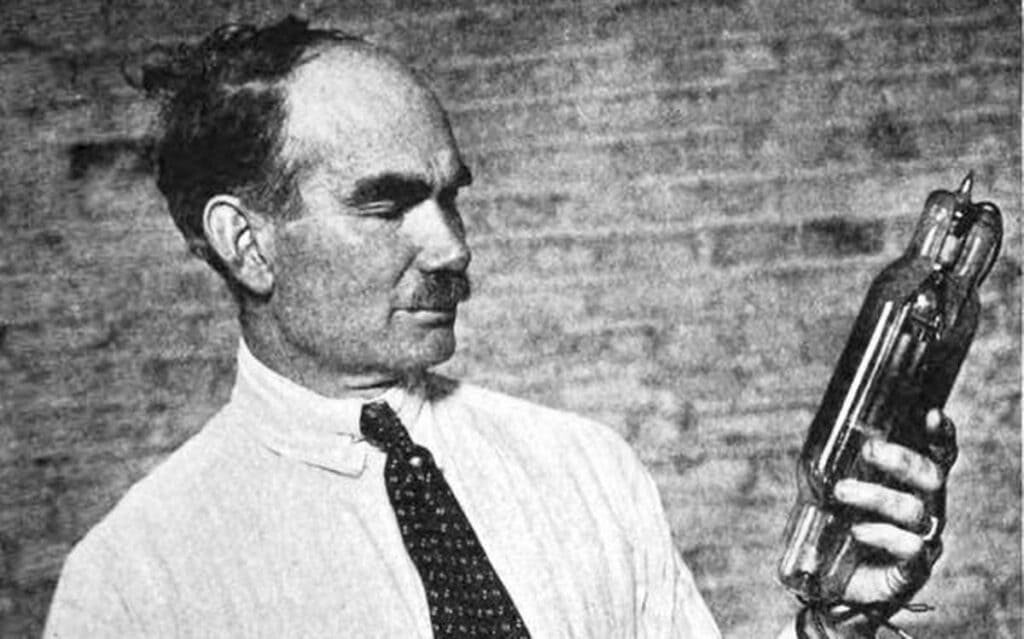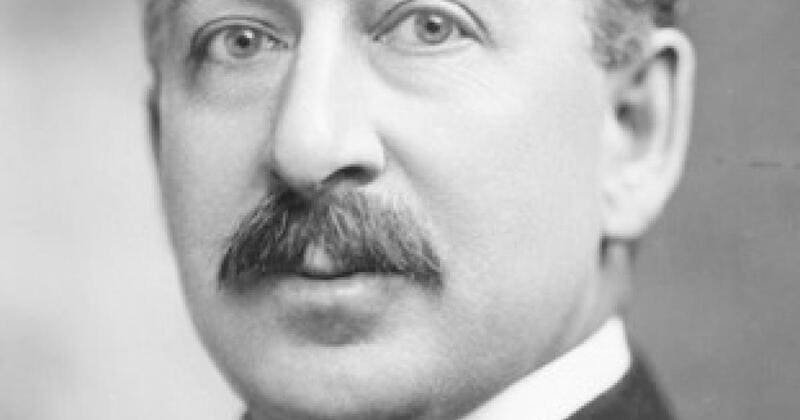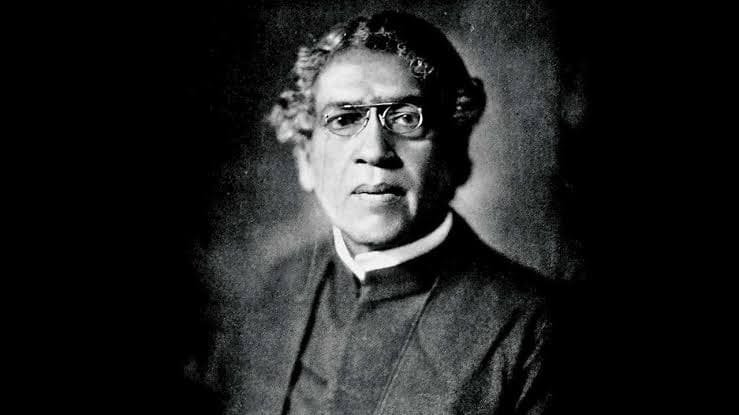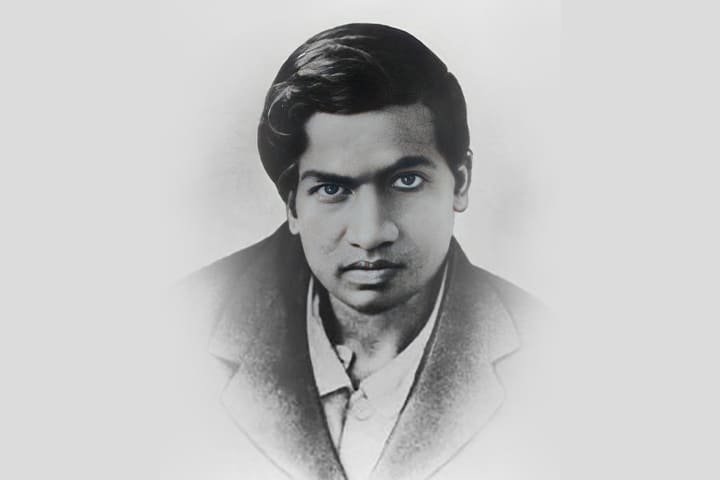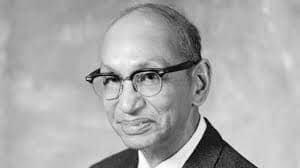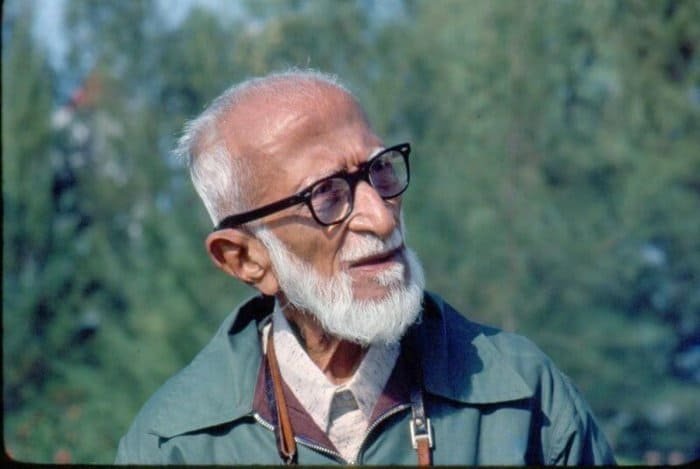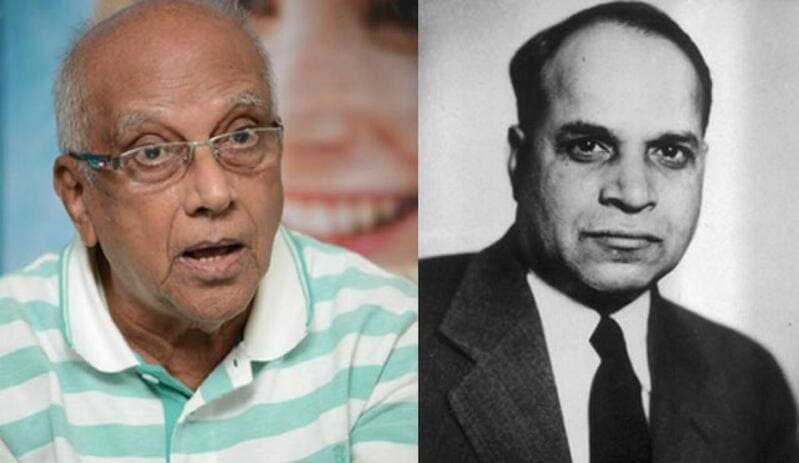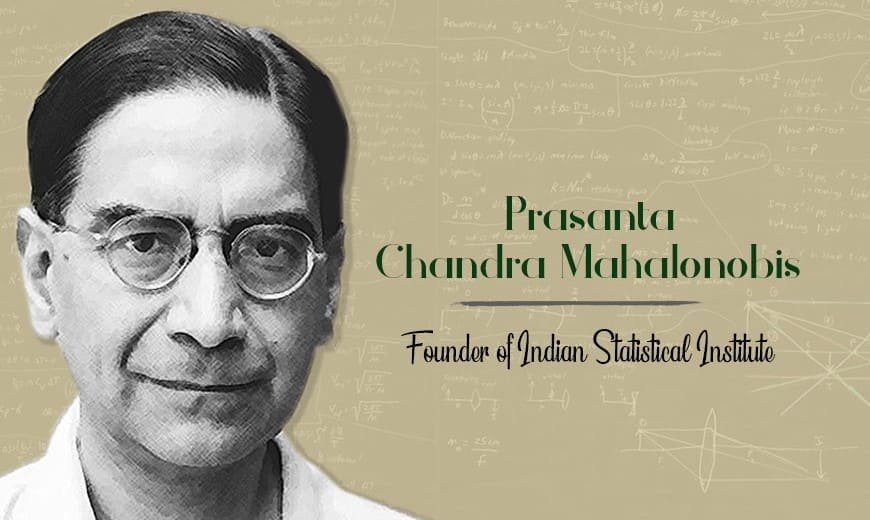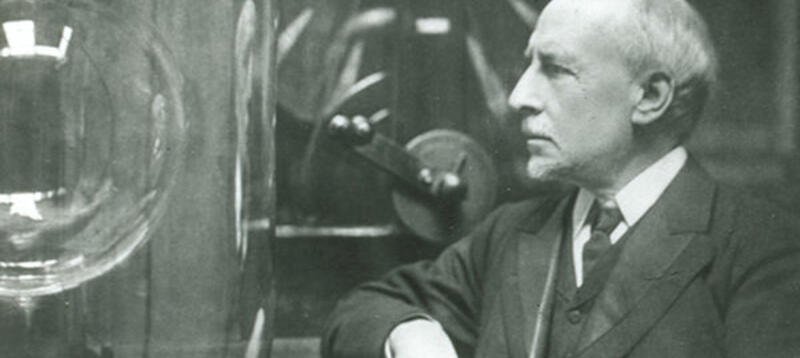
James Dewar: A Pioneer in Low-Temperature Physics and Chemistry.
Introduction:
James Dewar was a Scottish chemist and physicist born on September 20, 1842, in Kincardine, Scotland. He is best known for his contributions to the field of cryogenics and his invention of the vacuum flask.
Education and Early Career: Dewar studied chemistry at the University of Edinburgh, where he received his Bachelor's degree in 1865 and his Master's degree in 1867. After completing his education, he worked as an assistant to Thomas Graham at the University of Glasgow.
Career Highlights
-
Vacuum Flask: In 1892, Dewar invented the vacuum flask, also known as the Dewar flask, which is used to store liquefied gases at low temperatures. The vacuum flask is made of two flasks, one nested inside the other, with a vacuum between them to reduce heat transfer.
-
Liquefaction of Gases: Dewar conducted numerous experiments on the liquefaction of gases, including hydrogen, oxygen, and nitrogen. He was the first to successfully produce and store liquid hydrogen.
-
Cryogenics: Dewar's work in the field of cryogenics, or the study of low temperatures, helped lay the foundation for the modern field of low-temperature physics and chemistry.
Awards and Honors
Throughout his career, Dewar received numerous awards and honors for his contributions to science. Some of the most notable include:
- Royal Medal in 1892
- Copley Medal in 1923
Dewar was also a fellow of the Royal Society and was elected to the French Academy of Sciences.
Conclusion
James Dewar was a pioneer in the field of cryogenics and his invention of the vacuum flask has had a lasting impact on science and technology. He made numerous important contributions to the field of low-temperature physics and chemistry and received many awards and honors throughout his career. He died on March 27, 1923, but his legacy lives on through his pioneering work and discoveries.
- Rudolf Diesel: The Genius Behind the Diesel Engine and His Impact on Modern Technology
- The Life and Legacy of Astronomer Edwin Powell Hubble: A Groundbreaking Journey in Cosmology
- Salim Ali: The Birdman of India
Note: This blog or artical is written on the basis of online research, news paper and AI tools. So, if there is any issue, please mail your feedback.
- Share:
